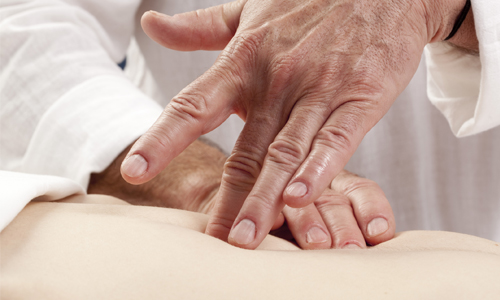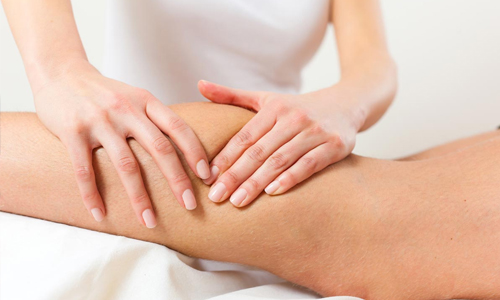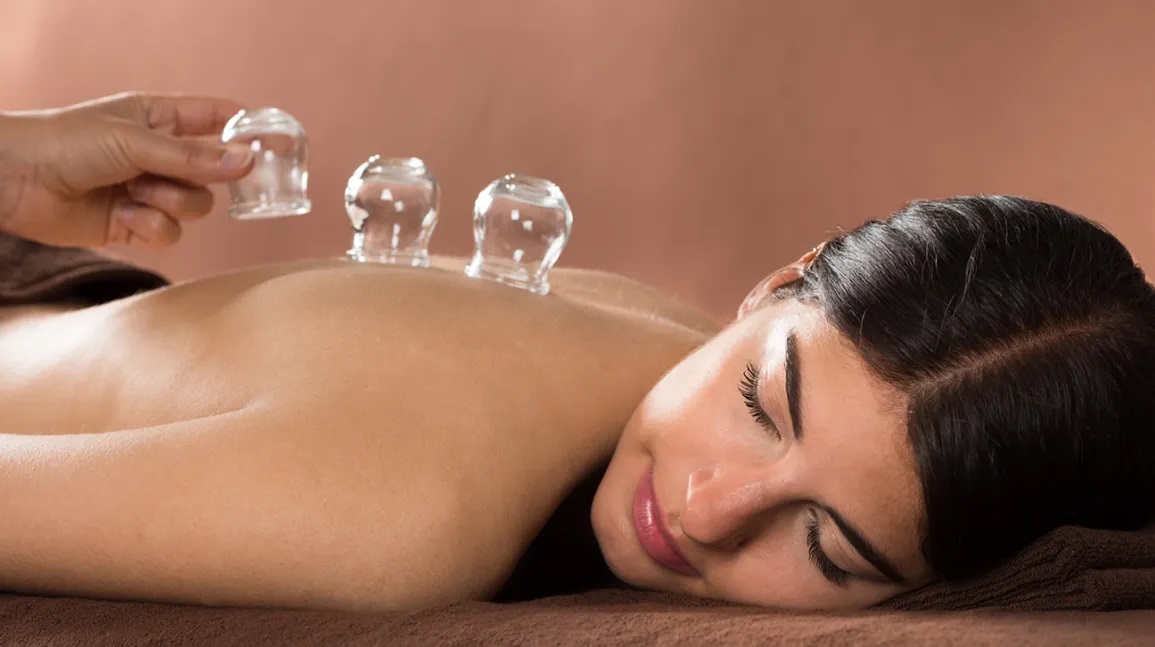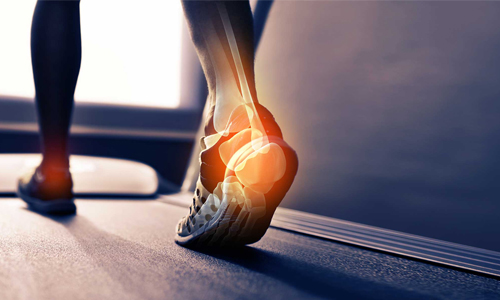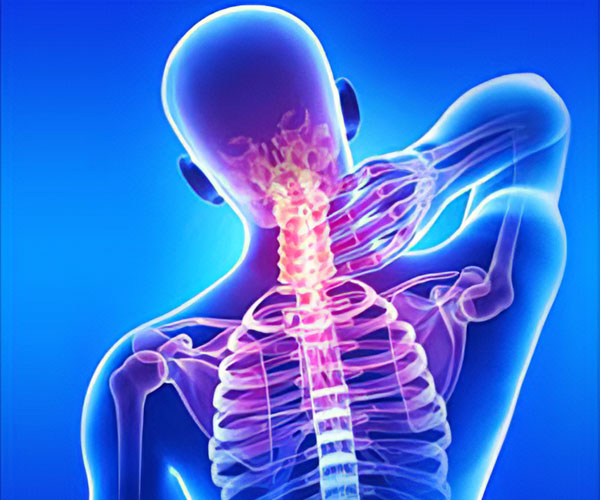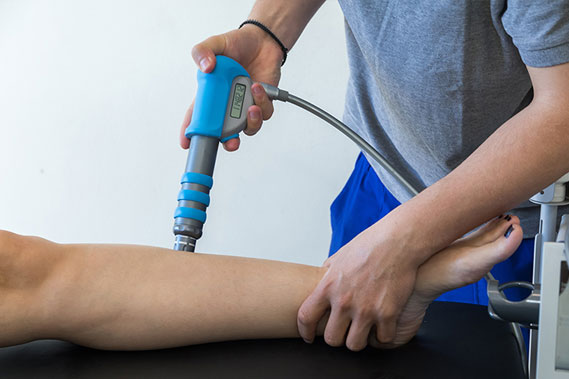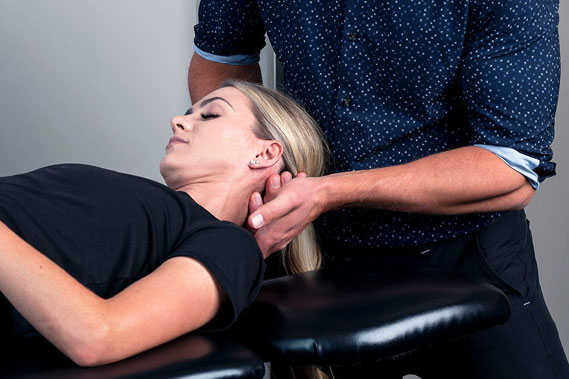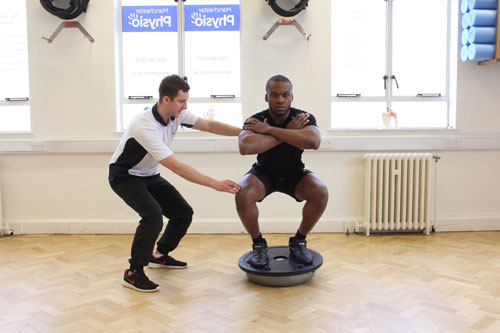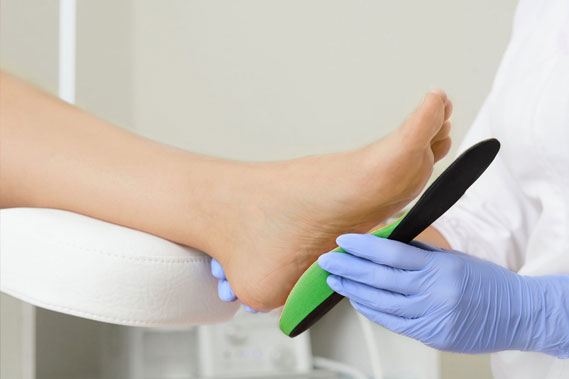Feeling the effects of TMJ pain? Don’t settle for a life of discomfort and sleeplessness, treat your symptoms with TMJ Therapy from Glenridding Physio! Our comprehensive treatment plan will help you to find lasting relief and get back to feeling your best.
WHAT IS TMJ THERAPY?
TMJ (temporomandibular joint) therapy is a type of therapy that is used to treat disorders related to the jaw joint and surrounding muscles. The temporomandibular joint connects the jawbone to the skull, and disorders of this joint can cause pain and discomfort in the jaw, neck, face, and ears.
Here are some common techniques used in TMJ therapy:
1) Physical therapy: This may involve exercises to strengthen the muscles around the jaw joint and improve flexibility and range of motion.
2) Medications: Anti-inflammatory drugs or muscle relaxants may be prescribed to reduce pain and discomfort in the jaw area.
3) Splints and mouthguards: These devices are worn over the teeth to help stabilize the jaw joint and prevent grinding and clenching.
4) Trigger point injections: Injections of pain medication or other substances can be used to relieve pain in specific areas of the jaw muscles.
5) Botox injections: Botox injections can be used to temporarily paralyze the muscles around the jaw joint, reducing pain and improving jaw function.
TMJ therapy is often used in conjunction with other treatments, such as stress management techniques or dental procedures to correct misaligned teeth. The goal of TMJ therapy is to reduce pain and discomfort in the jaw joint and improve jaw function, allowing patients to eat, talk, and chew without discomfort. It is important to consult with a qualified healthcare professional for an accurate diagnosis and treatment plan.



WHAT CONDITIONS CAN BE TREATED USING TMJ THERAPY?
TMJ therapy can be used to treat a variety of conditions related to the temporomandibular joint and the muscles and tissues surrounding it. Here are some common conditions that can be treated using TMJ therapy:
1) Temporomandibular joint disorder (TMD): This is a condition that affects the jaw joint and can cause pain, clicking, popping, or locking of the jaw.
2) Bruxism: This is a condition characterized by grinding or clenching of the teeth, which can put excessive pressure on the jaw joint and cause pain.
3) Chronic headaches: Headaches that originate from tension in the jaw muscles or temporomandibular joint can be treated with TMJ therapy.
4) Facial pain: Pain in the face, particularly around the jaw, can be caused by disorders of the temporomandibular joint and can be treated with TMJ therapy.
5) Limited jaw movement: TMJ therapy can help improve the range of motion in the jaw joint and reduce pain associated with limited movement.
6) Post-traumatic stress disorder (PTSD): Some studies have suggested that TMJ therapy may be helpful in treating PTSD, particularly in cases where PTSD symptoms are related to clenching or grinding of the teeth.
It is important to consult with our healthcare professional for an accurate diagnosis and treatment plan for any condition related to the jaw joint and surrounding muscles. TMJ therapy may be used in conjunction with other treatments, such as stress management techniques or dental procedures, to provide optimal relief of symptoms.



